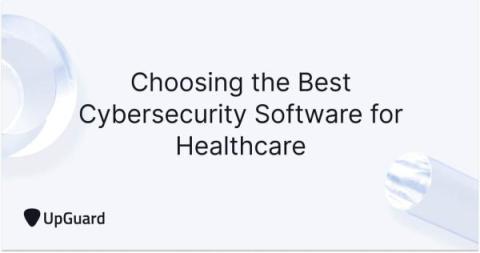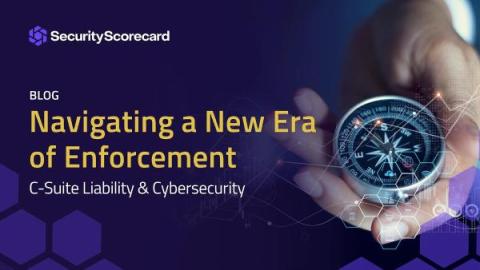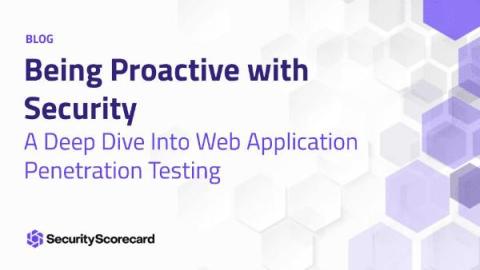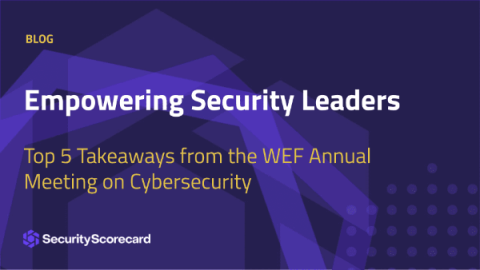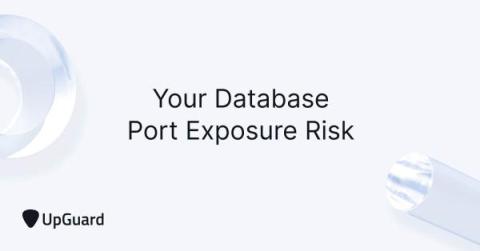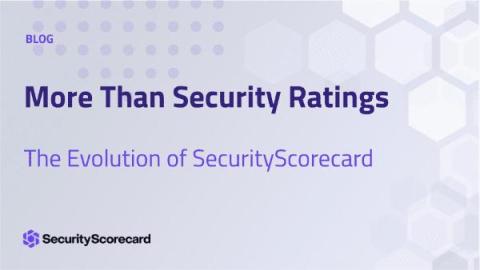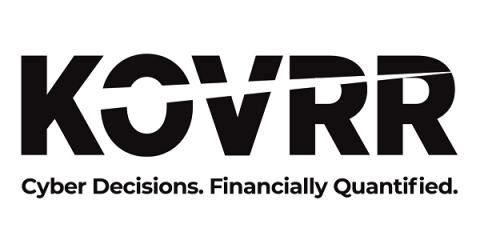Security | Threat Detection | Cyberattacks | DevSecOps | Compliance
Latest News
Choosing the Best Cybersecurity Software for Healthcare
C-Suite Liability & Cybersecurity: Navigating a New Era of Enforcement
Author: Owen Denby, General Counsel, SecurityScorecard On October 30, 2023, the SEC charged both SolarWinds and their CISO Tim Brown with defrauding investors, by failing to make disclosures about cybersecurity issues and vulnerabilities related to the massive nearly two-year long “SUNBURST” hack of the company.
Being Proactive with Security
As web applications continue to grow in complexity and sophistication, ensuring their security has become an increasingly daunting challenge. From emerging threats like API vulnerabilities and serverless architectures to well-known risks like cross-site scripting and SQL injection, organizations—regardless of size or industry—must be prepared to address a wide range of security concerns in order to keep their web applications safe and secure.
Empowering Cybersecurity Leaders
SecurityScorecard recently participated and presented in the World Economic Forum’s (WEF) Annual Meeting on Cybersecurity, which brought together 160 leaders on cybersecurity, including: global Chief Information Security Officers (CISOs); academic thought leaders, heads of cybersecurity from multiple countries and entities (the United Arab Emirates, Canada, Singapore, Luxembourg, the European Union, and Interpol); and the CEOs of several major companies.
Risk Tolerance vs. Risk Appetite Explained
How to Prepare for PCI DSS 4.0 to replace PCI DSS 3.2.1
Your Database Exposure Risk
More Than Security Ratings
It might be hard to remember, but around twenty years ago, Amazon was only known for one thing: selling books. But it’s grown up in the last two decades, encompassing multiple business verticals, and selling more than just books (especially convenient when you need garbage bags, a spatula, and holiday decorations all at the same time).



